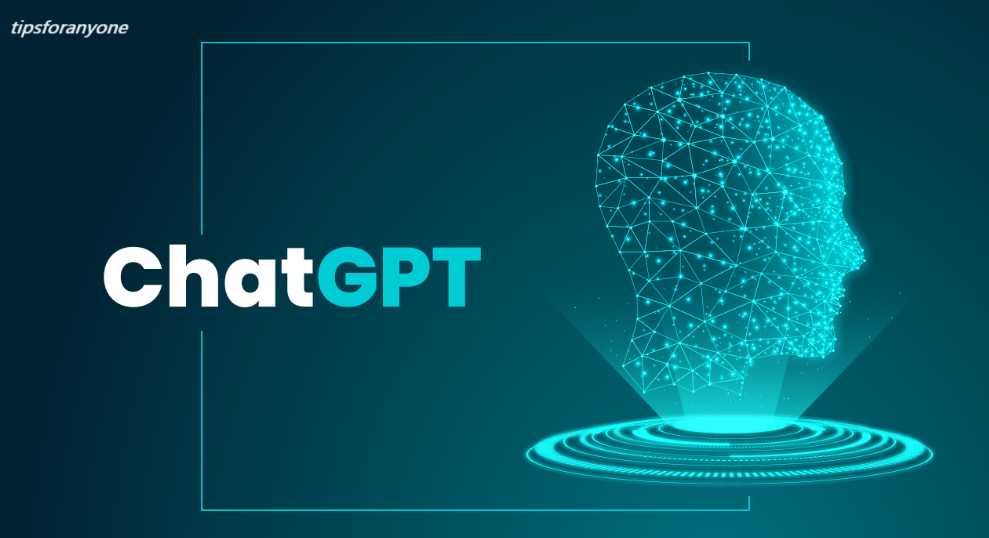During the artificial intelligence (AI) journey of 2023, we have seen global business transformation in addition to innovation. It was appropriately termed “AI’s breakout year” by McKinsey, who also noted a 40% rise in worldwide investment.
This article explores our predictions for AI, looking at the top seven developments that will influence the industry in the upcoming year.
7 AI Forecasts for 2024
7. The Next Wave of Artificial Intelligence
Generative AI, a prominent discipline in 2023, is gaining prominence due to its large, trained models on massive datasets, enabling diverse creations like emails, summaries, art, voices, and videos.
AI models have revolutionized technology interaction, expanded their influence to limited data fields like customer support documents, and sparked creative revolutions in the arts and gaming.
Mustafa Suleyman, cofounder of DeepMind, explains that generative AI, a phase of interactive AI, is still limited in handling various tasks, as chatbots need to coordinate with other software and human resources.
Economic Magazine predicts widespread adoption of generative AI in 2024, with tech companies experiencing significant gains in 2023, while non-tech businesses are expected to leverage AI for cost reduction and efficiency.
6. Artificial Intelligence for Cybersecurity
The financial impact of cyberattacks is expected to reach $10.5 trillion by 2024, increasing the role of AI in cybersecurity. The rapid development of AI technologies is transforming offensive and defensive strategies, introducing new challenges like phishing scams and social engineering attacks, and enhancing threat intelligence and response capabilities.
The integration of AI-powered real-time anomaly detection, intelligent authentication, and automated incident response is crucial to enhancing cybersecurity measures and adapting to evolving threats. The convergence of AI and cybersecurity is becoming more and more prominent, presenting opportunities as well as problems for enhancing digital security as AI predictions increase.
5. Regulation of AI
The rapid growth of generative AI and concerns about potential misuse, such as deepfake content, malicious content generation, privacy violations, and automated cyber-attacks, have led to the need for AI regulation. 2024 is expected to be the year of AI regulation, with the EU AI Act introducing comprehensive regulations.
The need for clear AI regulations is widely agreed upon, with more countries participating in the regulatory journey. The goal is to find a balance between allowing AI innovation while ensuring responsible and ethical use, with companies likely to collaborate on this process.
4. The Advancement of Artificial General Intelligence (AGI)
In 2024, the focus will be on enhancing artificial general intelligence (AGI) to match human capabilities in various tasks. Building on the success of multimodal AI models, we anticipate further advancements to enable AI to efficiently navigate and process diverse information.
AGI involves rapidly acquiring skills across various tasks using prompt-based learning, especially in language models. This approach is expected to enhance AI’s adaptability across various information domains in the coming year.
In 2024, autonomous AI code generation and improvement will significantly advance, potentially leading to self-improving processes similar to the GPT and Llama series and potentially paving the way for super-intelligent AI.
3. AI Sustainability
The upcoming year is expected to see a significant shift towards sustainable AI, as traditional research focuses on larger models, raising concerns about energy consumption and resource constraints, which hinder accessibility in resource-constrained environments.
The sustainable AI trend, focusing on creating smaller, energy-efficient models, is set to gain momentum as 2024 approaches. This trend, particularly in small businesses and resource-limited settings, could democratize the benefits of advanced AI. Notable developments include Low-Rank Adaptation and Microsoft’s Orca 2.
2. Moral AI
We think that when AI becomes more widely used in our daily lives in 2024, ethical concerns will become more significant. From combating false information to addressing biases and ensuring transparency, the necessity for ethical approaches and behaviors is becoming more and more clear.
The likelihood is that unethical behavior will eventually be connected to artificial intelligence (AI) and brought to the public’s attention, whether that is next year or another year.
In any event, the widespread application of AI in numerous industries emphasizes the need for ongoing vigilance and a firm commitment to addressing novel ethical problems.
1. Findings in Science
In 2023, AI made significant progress in various scientific domains, revolutionizing biology with accurate predictions of protein sequences and functions and achieving 70% accuracy rates in earthquake forecasting.
The finding of Abaucin and INS018_055 is an illustration of how AI is changing the drug discovery process.
AI has made supernova detection in astronomy better, proving that it is capable of deciphering cosmic puzzles.
AI’s ability to forecast weather is another example of its practical applications; it can provide forecasts up to several days ahead of traditional methods.
The momentum these amazing achievements have produced as 2024 draws near inspires scientists to explore new avenues and push the boundaries of what artificial intelligence (AI) can accomplish for science.










